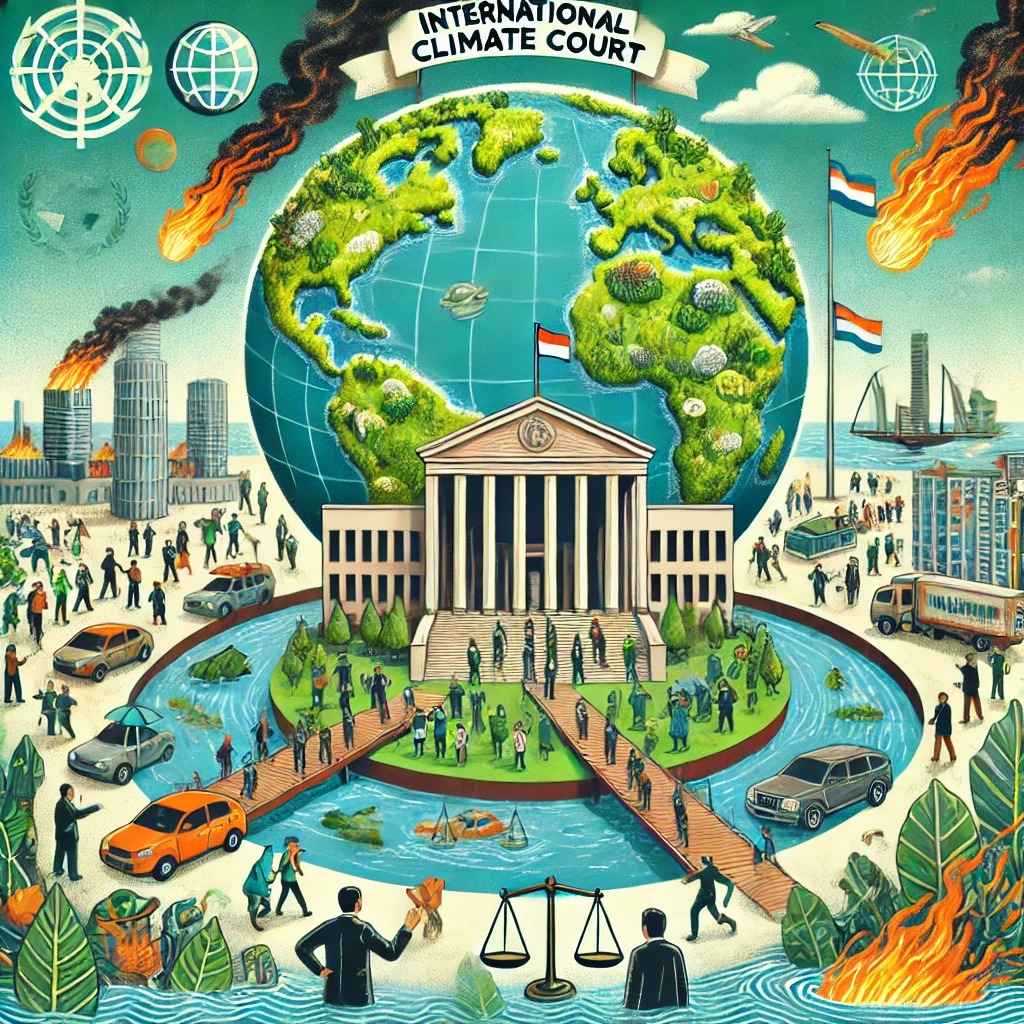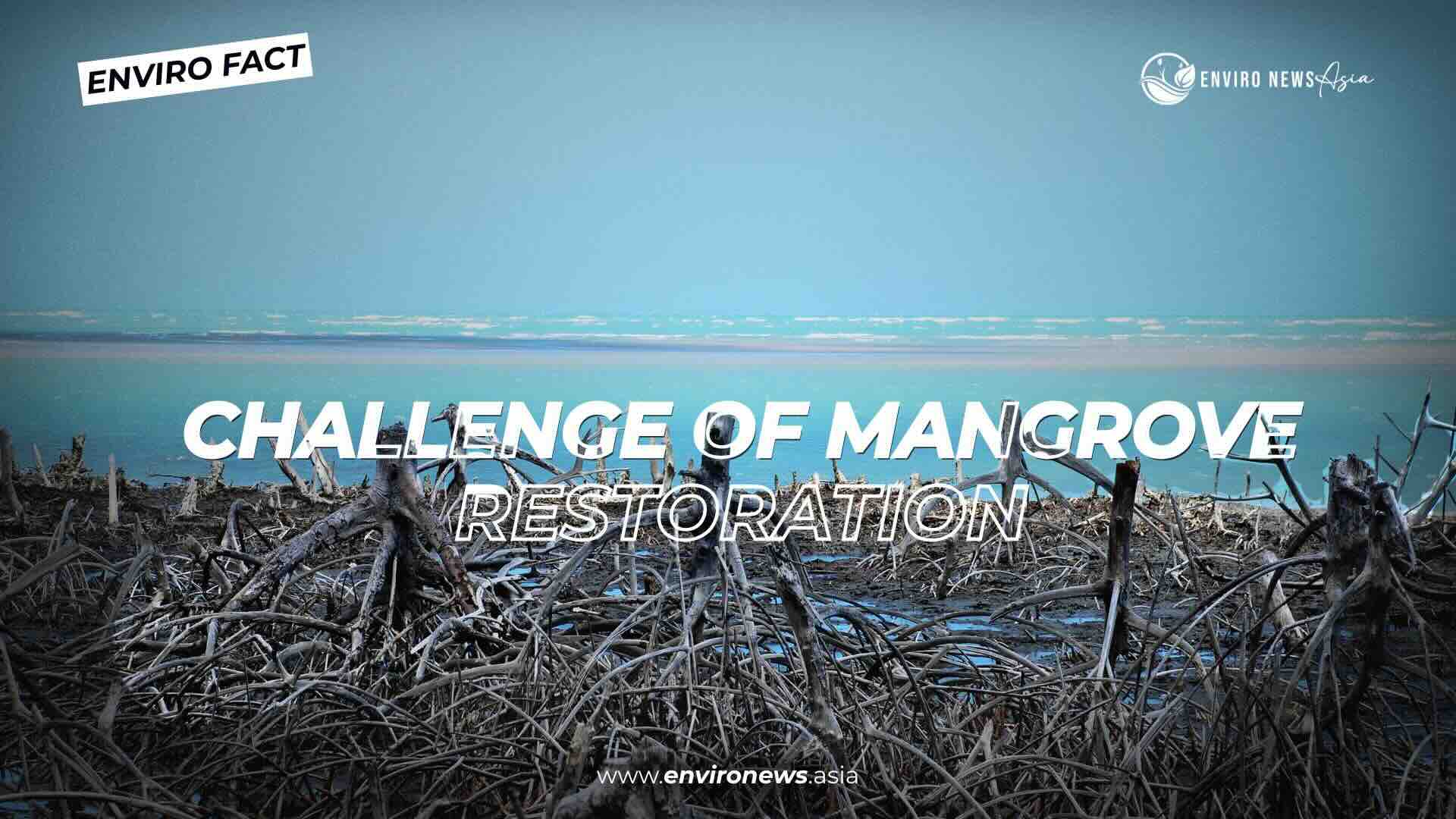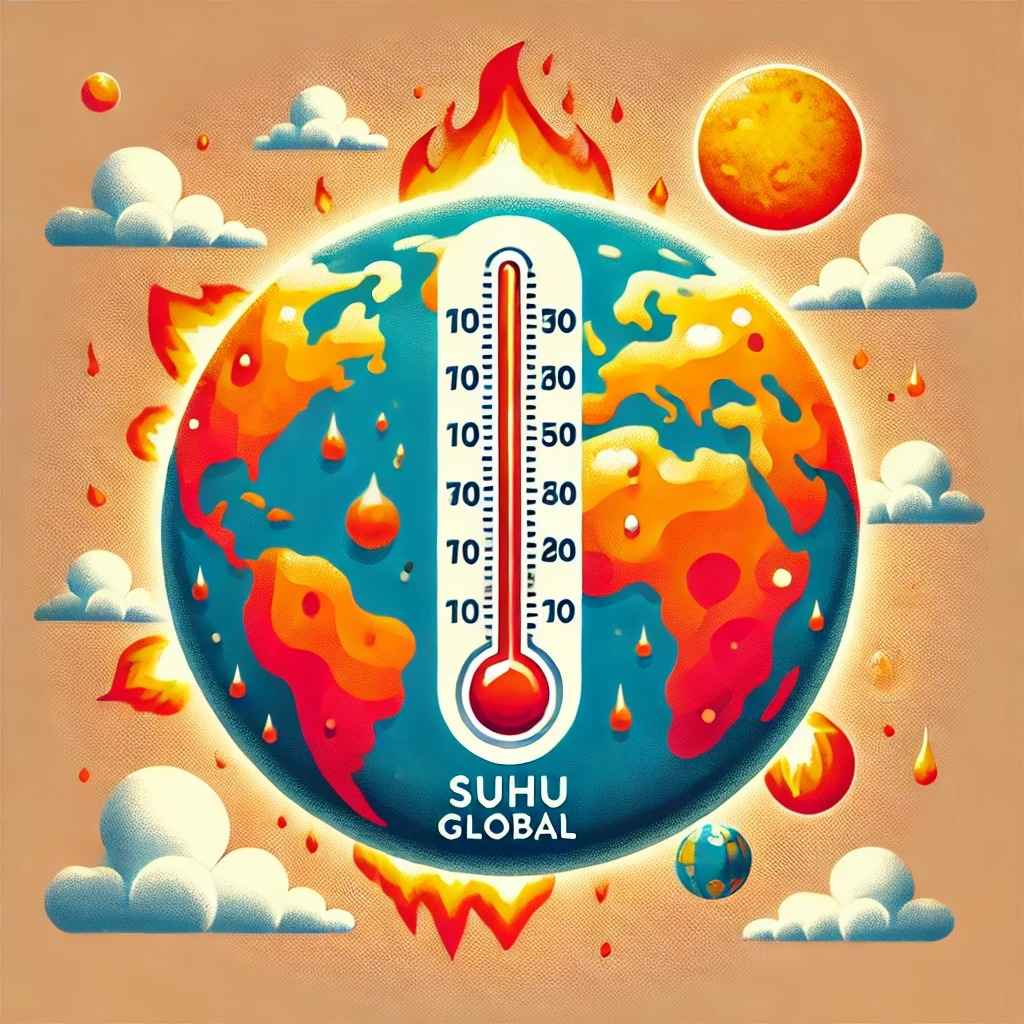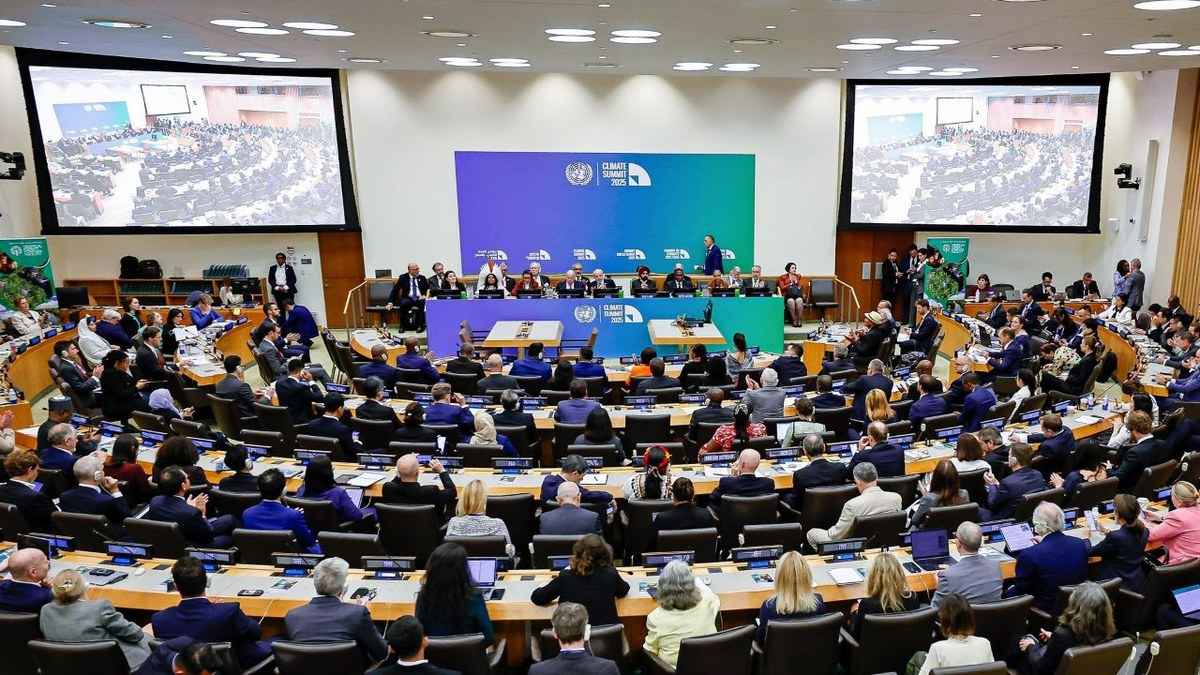Enviro News Asia, Nairobi — The legal world is now playing a crucial role in the global fight against the climate crisis. A new report released by the United Nations Environment Programme (UNEP) and the Sabin Center for Climate Change Law at Columbia University reveals that more than 3,000 climate litigation cases are currently underway worldwide — marking a significant surge in efforts to hold governments and corporations accountable for environmental damage.
The report, Climate Change in the Courtroom: Trends, Impacts, and Emerging Lessons, highlights how legal action has become a powerful force pushing states and businesses to take climate change more seriously. Issues such as greenwashing, carbon offset claims, and massive energy consumption in data centers are increasingly under scrutiny in courtrooms.
“Climate litigation has evolved into a powerful global tool for driving climate action and accountability,” said Inger Andersen, Executive Director of UNEP. “Transformations in energy, mobility, housing, and food systems must be pursued collectively through ambitious, science-based policies. An independent judiciary ensures that these changes happen fairly and effectively.”
According to the report, as of June 30, 2025, there are 3,099 climate litigation cases filed across 55 national jurisdictions and 24 international and regional courts or tribunals. This marks a sharp increase from previous years — 2,180 cases in 2022, 1,550 in 2020, and 884 in 2017. Although cases from the Global South still account for less than 10 percent, their contribution continues to grow steadily.
Since the first climate case nearly four decades ago, this legal landscape has evolved rapidly and become increasingly complex. Climate-related lawsuits now cover nearly all aspects of governance, and similar patterns are emerging in cases involving biodiversity loss and pollution.
One of the report’s key highlights is the Advisory Opinion from the International Court of Justice (ICJ), which clarifies the obligations of states in addressing climate change. Many courts now recognize the scientific basis of climate claims, including attribution science, which links specific extreme weather events to greenhouse gas emissions. Such rulings are shaping clearer global norms and responsibilities.
However, the report also warns of the rise of anti-climate litigation — lawsuits intended to weaken environmental protections or roll back Environmental, Social, and Governance (ESG) priorities in investment. Even more concerning, recent trends show increasing legal actions targeting activists, journalists, and civil society organizations opposing high-emission projects. (*)















